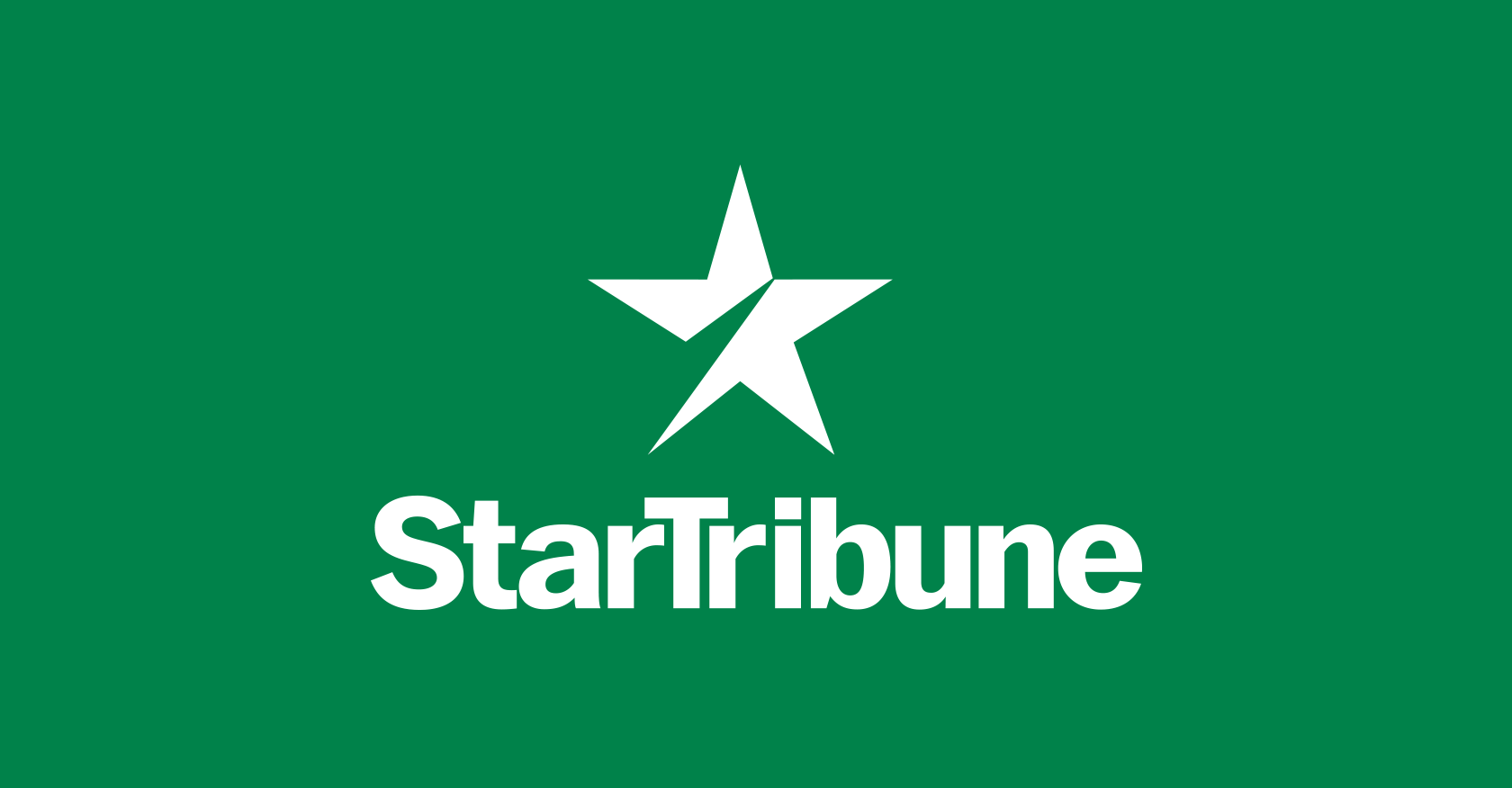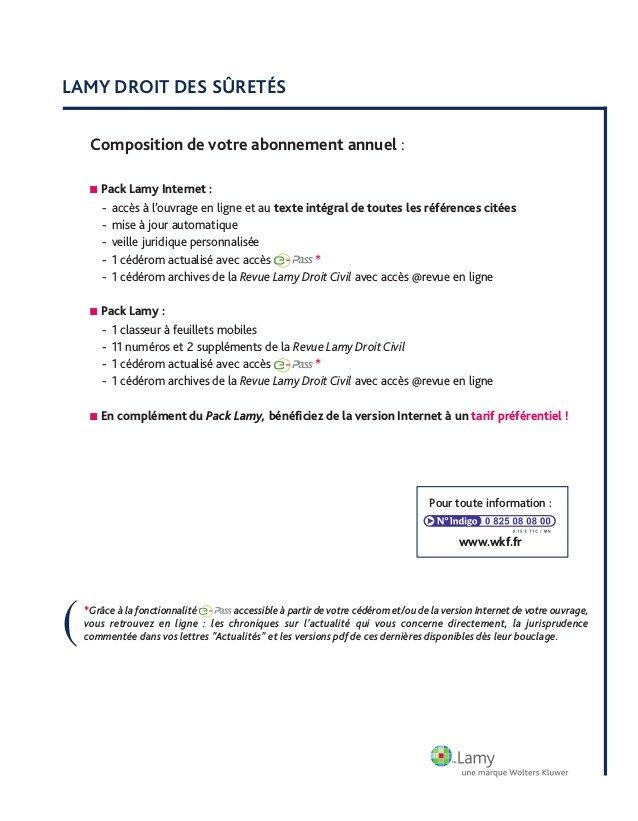French President Macroon is committed to working to make Europe “stronger” in the world as France takes over the presidency of the European Union, which overlaps with the presidential election and could put him in a difficult position. position. If he fights for the second term.
Macroon is expected to run in the two-stage elections scheduled for April, and France’s role in the six-month rotating European Council will begin on 1 January.
“Many want to rely on just one nation. Countries are our strength and our pride, but European unity is an indispensable complement, ”said the pro-EU president proudly.
“We want Europe to be strong in the world, fully sovereign, free to make its own choices and control its own destiny,” he told a news conference in Paris.
Macron said the French presidency of the EU would promote a “European growth model” that would allow the 27-nation bloc to create prosperity and jobs while maintaining social and climate standards.
He announced a series of summits in the first half of next year on defense policy in the European Union and the bloc’s relations with Africa and the Western Balkans.
He said that Europe was facing significant challenges, from climate change to “manipulation by some countries” and “attempts to destabilize, including tensions in our immediate neighborhood”. In recent months, the European Union has accused Belarus of encouraging asylum seekers to travel from the EU’s neighboring countries, such as Poland, Lithuania and Latvia.
Macron said he would negotiate with other EU leaders to make the bloc “better able to control its borders”.
Macron, who was elected in 2017, has not yet officially announced whether he will run for a second term.
He pointed out that the timetable for the French presidency of the European Union was particularly linked to Britain’s withdrawal from the European Union, and insisted that he would be fully committed to a European mission at least until the French elections.
“French policy is likely to change. France will definitely stay, “said Macron.
“I say again period the period of time the French have given me (in position), I will serve until the last quarter of an hour,” he said.
The French Presidency of the European Union can provide a platform for the Macron campaign, but it can also complicate it if the race focuses mainly on domestic issues, such as the French economy, security and immigration.
The macro-leader will be able to use the presidency to influence decisions at EU level, but the bloc’s complex and unanimous decision-making process could play against him and lead to little concrete action ahead of the April elections.
The macro promotes the EU’s vision of ‘strategic autonomy’, which would allow the bloc to improve competition from China and put it on an equal footing with the United States.
In particular, it calls for a “stronger and more capable European defense” that promotes transatlantic and global security and complements NATO.
France’s motto for the presidency of the European Union is “Recovery, strength, belonging” – the last word means expressing the bloc’s sense of belonging together.
The French leader’s press conference on the EU presidency was a time when Mr Macron spoke to journalists at the Elysee Presidential Palace to answer various questions. He held his public press conference in April 2019 following a “yellow vest” against the government’s protests against social and economic injustice.
Opinion polls on voting intentions show that Macrons has been the leader of the competition for several months. One of his priorities will be to withdraw support from conservative and far-right candidates who vote harder than left-wing candidates and are in a better position to enter the second round.
Last week, France’s main conservative, Republicans, elected Valery Pecre, president of the Paris region, as his presidential candidate.
Pekres, known as pro-European, has been known for his strong stance on immigration and security in recent months. “Macron has only one obsession: to please (people). “I’m doing things,” she said, promising to “reduce” the president’s central policy.
Two of the far-right rivals, Marine Lepen, president of the National Electoral Alliance who faced Macron in the second round in 2017, and former television analyst Erik Zemmour, campaign on anti-Slav and anti-immigrant issues.
In an obvious response to the far right, who has almost taken over the presidential candidate, Macron concluded the press conference by saying: “When bad winds blow, it is legitimate to make democratic choices.”
He said the French authorities should not compromise on “racism or anti-Semitism”, praising “discussions and disagreements” and “hatred”.
On the left, Anne Idalgo, the mayor of Paris, is a candidate for president of the Socialist Party, and the Green Party has elected Janik Gadot, a former Greenpeace activist.
France’s far-left leader Jean-Luc Melenchon, who wants to take the third presidency, called on Macron to “get involved in the debate”.
He said Macron was “not above democracy”.
–


